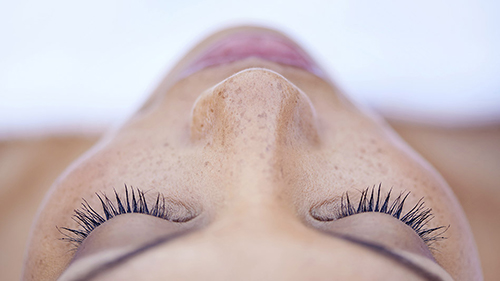I remember Retin-A. I was 13 years old entering the 9th grade, it was my funny looking years. I was tall, skinny, and clumsy. Everyday was a bad hair day and to top it off, grade 3 acne. Retin-A was prescribed as the cure, for the acne at least. It came in little 2″ X 2″ packet with two saturated pads in it. I was to use one each night. All I remember is how much the solution itched. The first few nights I could not leave it on my skin because the irritation was too great.
It didn’t cure my acne, or anything else.
Retin-A and Retinol are very different formulas 30 years later.
Retin-A and Retinol is a derivative of Vitamin A, In the 1960’s tretinoin (vitamin A) was designed to treat ichthyosis, actinic keratoses, and other hyperkeratotic conditions. It was affective in treating acne vulgaris and dislodging comedones. It also showed that it aided in the shedding of the top layers of the epidermis. What was found that retinols in any form regulate the turnover of your skin cells. It’s the only vitamin known to build collagen, elastin, and stimulates the natural moisture factors.
The benefits are to reduce fine lines and wrinkles, lift out hyper-pigmentation and yes, reduce acne. The cool part about retinol is if you have dry skin, preventing dryness, keratinization, and skin conditions like psoriasis. Yes, this is for you. If you are oily it regulates the oil production, again, your savior. The conclusion is everyone needs Retinol.
What’s the difference between Retin-A and Retinol;
Retin-A is retinoic acid does not need to be broken down by the enzymes in your skin before it can be used. What ends up happening is almost immediate desquamation (peeling) redness and irritation. It’s like overdosing your skin with Vitamin A.
Retinol, also a derivative of Vitamin A acts quite differently. The retinol receptors in your skin break down the vitamin, using what it needs and storing the rest in your skin as an ester (fatty vitamin) to be called up when needed.
Science is cool.
That’s why unless there is something seriously going on with your skin; skin cancer or a hyperkeratotic condition, a retinol is the best solution.

